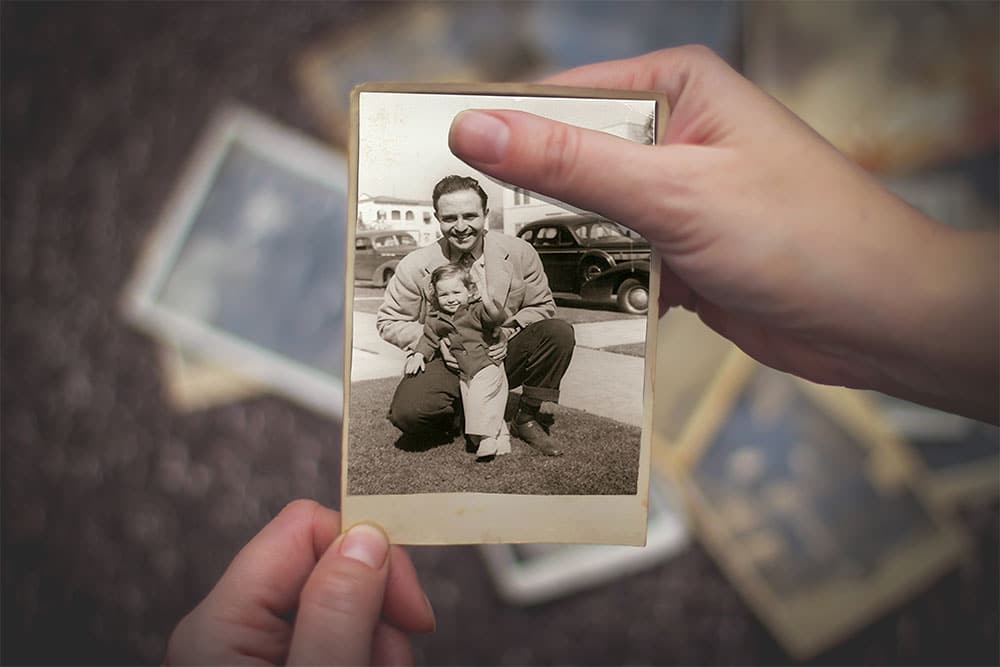
The idea of a loved one facing a life-limiting illness is a difficult thing for families to consider. While it can feel taboo, conversations about end-of-life care options in these challenging times are more important than ever.
Our hospice teams offer transparent programs that are working to remove the stigma from end-of-life care and instead talk openly about what we’re all here to do: enable you or your loved one to be alert and pain-free, living each day as fully as possible, and reaffirming life.
Find Senior Living Near Me
If you are just beginning to consider hospice for yourself or a family member, we want to offer you some talking points to make the subject less stressful.

Numerous events can prompt conversation about hospice care, but these are some scenarios in which a conversation is necessary, such as when a loved one:
- has been diagnosed with a terminal illness
- experiences repeated trips to the emergency room or frequent hospitalizations
- steadily or significantly declines in their condition
- is discouraged by, tired from, or requests no further treatment
- is suggested to consider hospice care during a visit with their physician


Having the courage to start these conversations can be difficult, so it’s important to choose an optimal setting and look for cues to ease the discussion. Choose a private and relaxed time that’s free from distractions.
Look for an opening; listen for comments about their condition, about giving up, about being tired of trips to the hospital, or just about wanting to be comfortable. The proper timing and environment can make it easier to begin the conversation.
Ideas for Conversation Starters
- “The last hospital stay seemed hard on you. There is a way we can avoid future hospitalizations.”
- “We can manage your care right here, at home.”
- “You don’t have to be in pain anymore; hospice can help. They’re experts in pain management and caring for people with this illness.”
- “Lately, you seem to struggle more with breathing, walking, and eating.”
- “I’d like to learn more about hospice so we can see how it may help you.”
When you Begin Talking About Hospice…
- Recognize and acknowledge that your loved one has been through a lot.
- Share your concerns and hopes for your loved one.
- Ask about their concerns, hopes, and questions.
- Dispel common myths about hospice when needed.
- Explore options together, including home hospice or at an Assisted Living community.
- Reassure your loved one that their wishes have been heard and will be respected.


If you’re the primary caregiver, other people like siblings, children, friends, and other family members may have questions about hospice and all it entails. Eliminating the negative taboos and myths that come with hospice care by being open and transparent will be important for helping everyone understand.
To learn more on how to talk about hospice, see our communities, or contact us to see if our hospice is right for you, please do not hesitate to visit or call us at 701.738.2000.




